The Energy Regulation Board (ERB) has announced that Zambia’s energy sector attracted pledged investments totaling K22.4 billion this year.
The investments were facilitated through 471 issued licences and 54 construction permits, spanning petroleum, renewable energy, and electricity sub-sectors.
Speaking at the end-of-year performance briefing at ERB headquarters in Lusaka, ERB Director- General, Elijah Sichone, revealed that the licences issued included 238 for the petroleum sub-sector, 223 for renewable energy, and 10 for electricity.
“These licences cover diverse critical activities such as the manufacturing, supply, installation, and maintenance of renewable energy equipment, as well as the transportation, distribution, and importation of petroleum products, including liquefied petroleum gas (LPG),” Sichone said.
Among the 54 construction permits issued were projects such as a 300 MW coal-based power plant under the Maamba Energy Limited Phase II Power Project, and a 136 MW solar plant by Copperbelt Energy Corporation Renewable Limited.
Others are a 110 MW solar PV power plant in Chisamba, and the conversion of a 10 MW gas turbine plant from diesel to LPG at Bancroft in Chililabombwe.
“These initiatives not only enhance energy reliability and diversification but also attract substantial investments that drive economic growth and create employment opportunities,” Sichone stated.
Read More: ERB calls for stronger synergy with media to address energy challenges
He further highlighted that from January to November, the ERB collected K529 million in licence fees, surpassing its target of K342 million by 65 percent.
During the same period, the ERB approved 21 power supply agreements, 26 power purchase agreements, and 14 agreements for power importation.
“The approved power purchase agreements alone have the potential to deliver over 5,000 MW of new power once the proposed projects are completed,” he said.
Despite logistical challenges in the petroleum sector, Sichone assured that Zambia maintained a stable fuel supply throughout the year, with measures in place to monitor stock levels daily.
He acknowledged occasional supply shortages in areas like Mpika and Mansa but assured the public that adequate fuel stocks were available nationwide.
WARNING! All rights reserved. This material, and other digital content on this website, may not be reproduced, published, broadcast, rewritten or redistributed in whole or in part without prior express permission from ZAMBIA MONITOR.


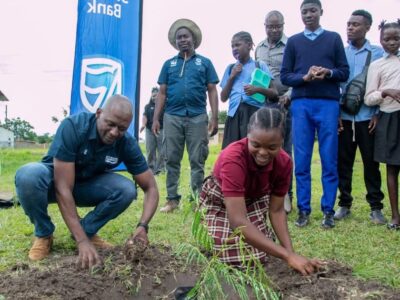
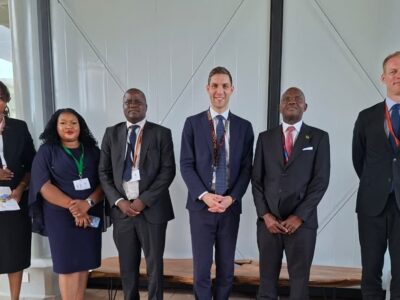


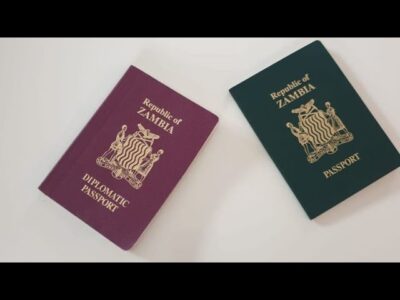
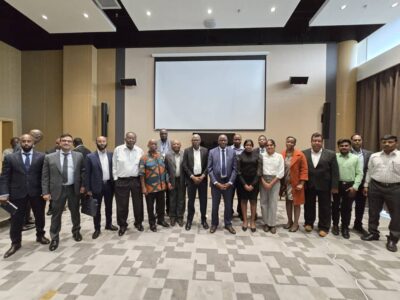



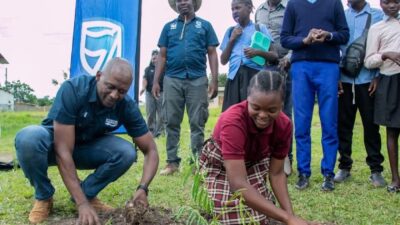

Comments